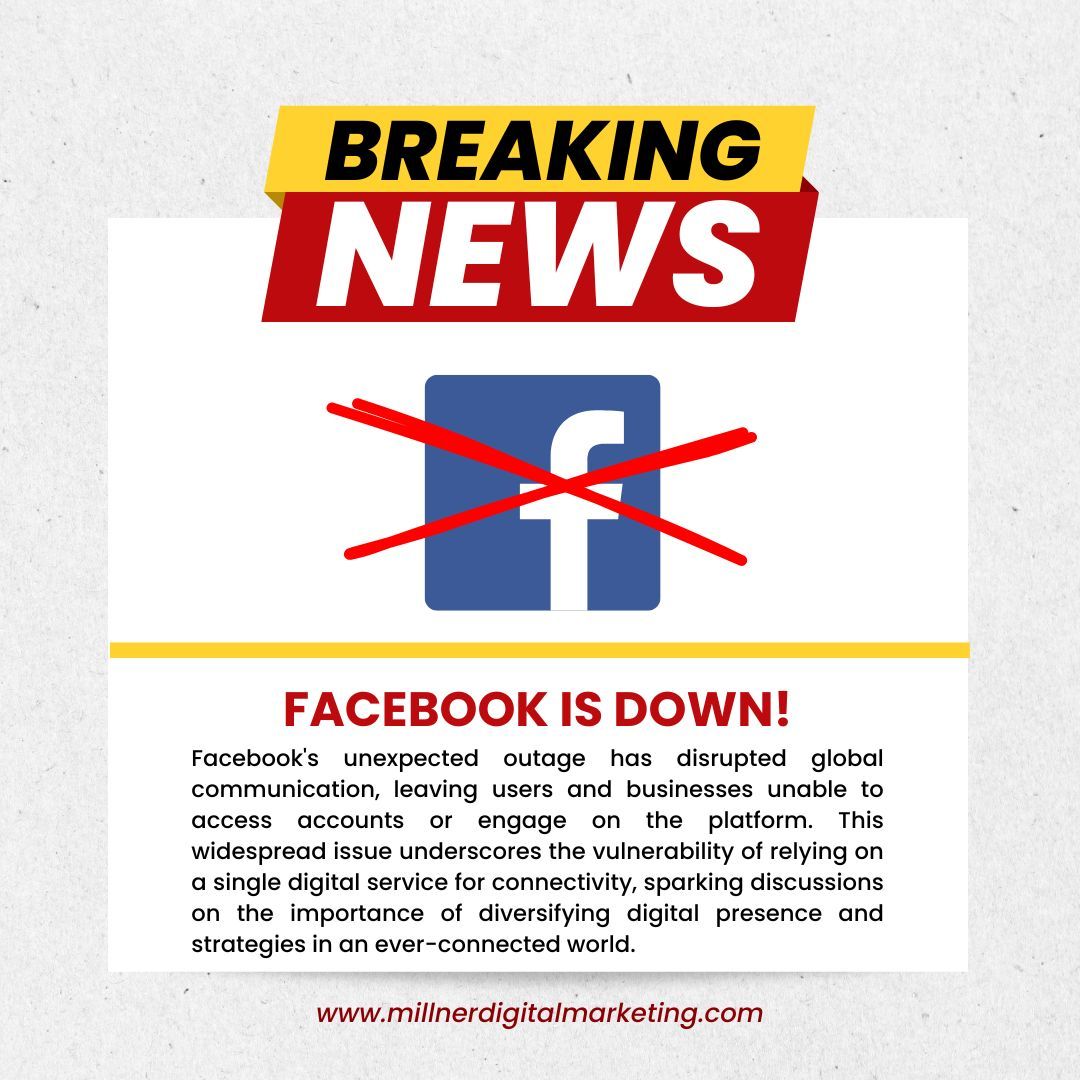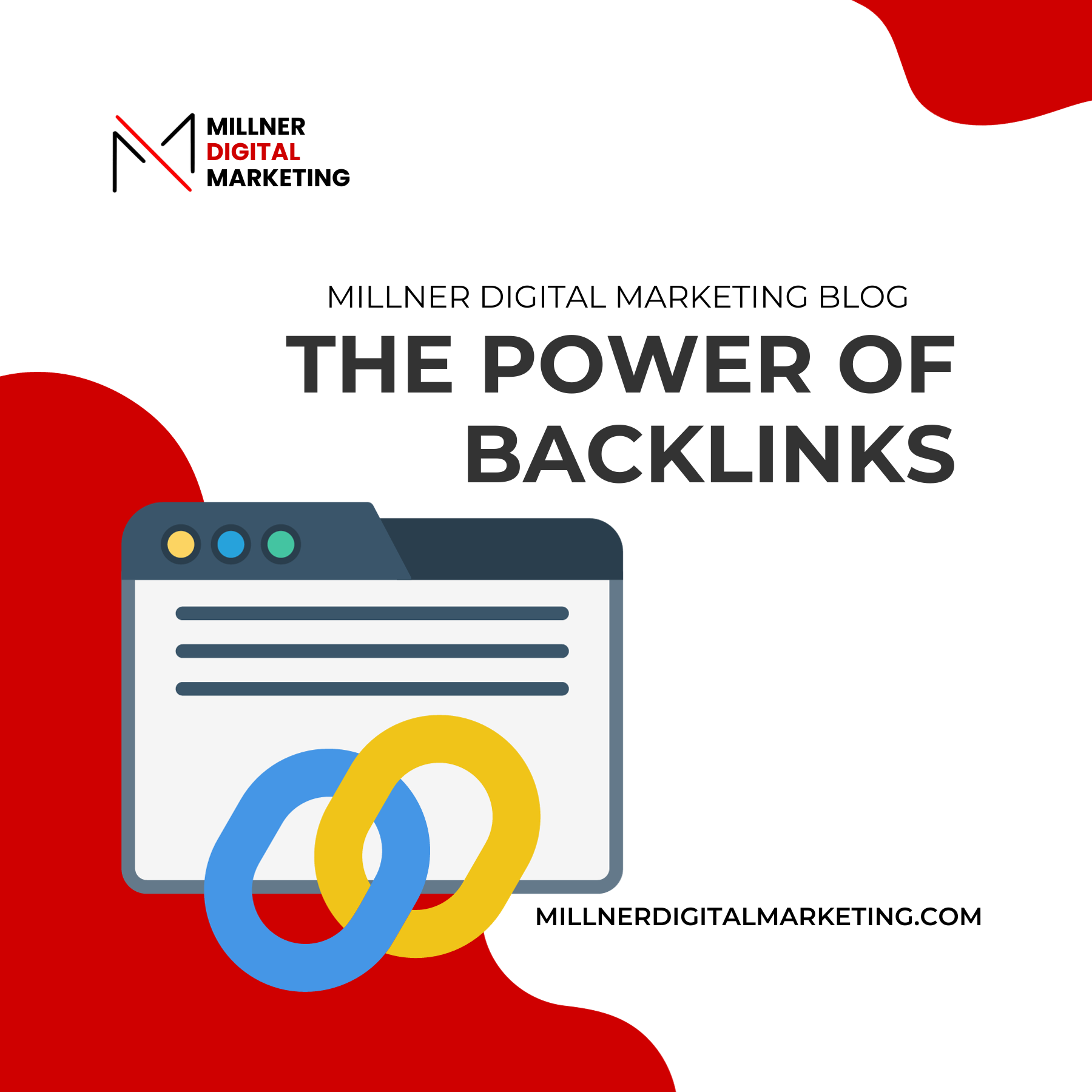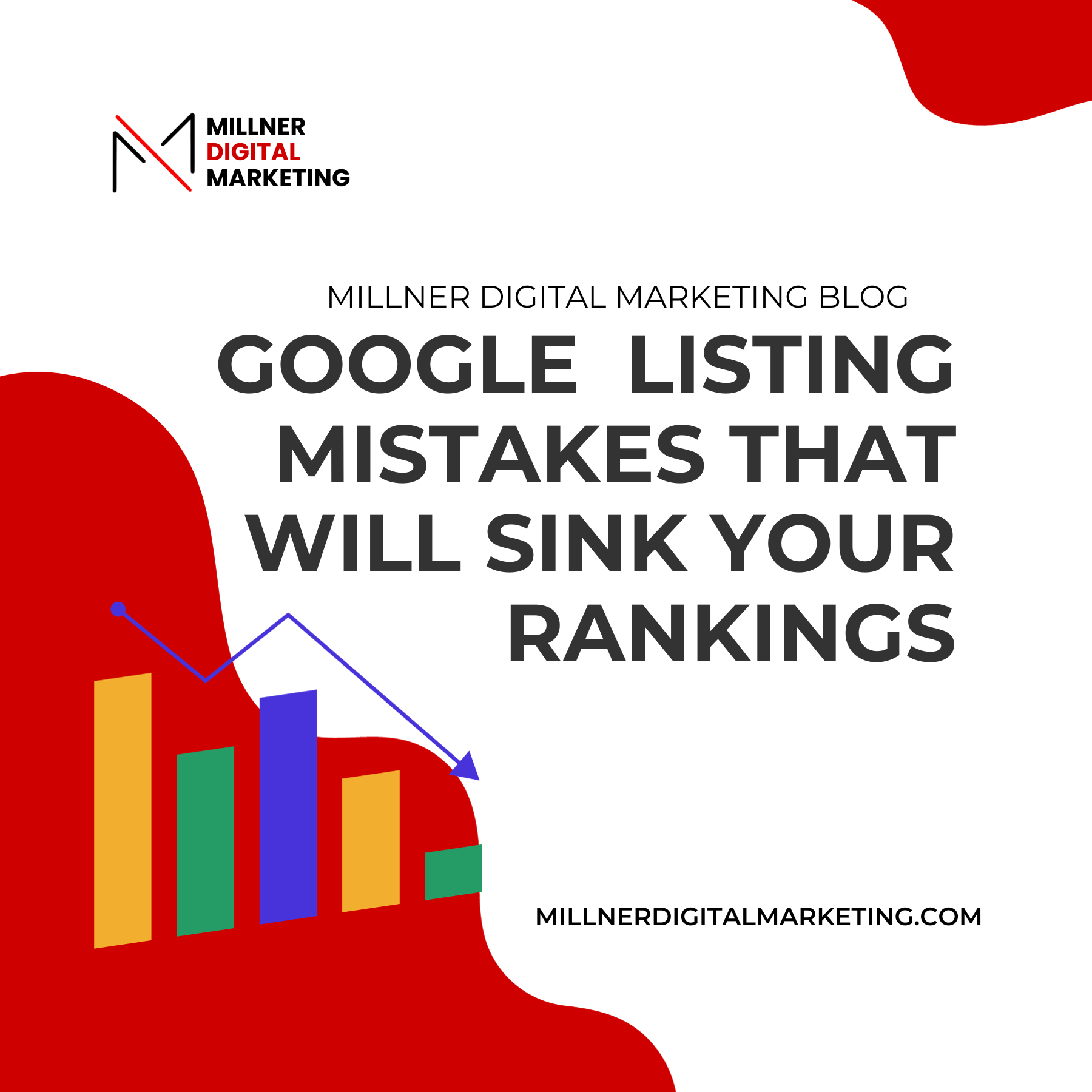Understanding Meta Data: The Backbone of Your Website
As a business owner, you must have encountered the term "metadata" while working on your website. But do you really understand what it is and how it significantly impacts your website's visibility and ranking in search engines? This comprehensive article will take you through everything you need to know about metadata, including its definition, types, best practices, and how it can benefit your business website in terms of improved search engine optimization (SEO) and higher organic traffic. So, let's dive deep into the world of metadata and unlock its potential to elevate your online presence and drive more success for your business!

What is Metadata? Understanding the Basics
Metadata is crucial for any website, providing valuable information to web crawlers and search engines. In simpler terms, metadata gives context to the content on a website. This information includes the web page's title, descriptions, and keywords, allowing search engines to understand the page and rank it accordingly in search results. Additionally, metadata can include social media tags, previewing how content appears when shared on various platforms. Given its importance, it's vital for every website developer to understand the basics of metadata and how it impacts their page's overall performance.
How Metadata Helps Search Engines and Users Find Your Content
As we navigate the vast internet landscape, we often rely on search engines to guide us to the needed content. But have you ever wondered how search engines actually find what we're looking for? The answer lies in metadata - the hidden information gems embedded within a web page. Metadata acts as a map that search engines use to navigate the vast web and locate content matching a user's search query. Metadata makes your content discoverable online, from titles and descriptions to keywords and author names. By optimizing your metadata, you can ensure that your content stands out in a sea of digital noise and reaches the right audience. So, the next time you create a web page or blog post, don't underestimate the power of metadata - it may just be the key to unlocking your online success.
Use Metadata to Boost SEO and Increase Traffic
In today's digital world, having a website is no longer enough. With the increasing competition and ever-evolving online landscape, ensuring that your website not only exists but also reaches the right audience and drives significant traffic is crucial. This is where metadata comes into play. Metadata, essentially data about data, provides valuable information about the content on your website.
By utilizing keyword-rich metadata on your website, you can optimize it for search engines, making it more discoverable and accessible to users. When your website ranks higher in search engine results, its visibility increases, increasing the likelihood of attracting more organic traffic. Thus, strategically using metadata can be an effective way to boost your website's search engine optimization (SEO) and drive substantial traffic.
However, it's important to note that the effectiveness of metadata goes beyond simply stuffing it with keywords. It's about utilizing those keywords in a relevant and meaningful manner that helps users understand your website. By providing accurate and descriptive metadata, you improve your website's searchability and enhance the user experience, enabling visitors to grasp the essence of your website's content easily.
Having a website is just the first step. To truly succeed and stand out from the crowd, leveraging metadata and optimizing it for search engines can significantly drive more traffic to your website and ultimately contribute to your online success.
Optimizing Titles, Descriptions, and Keywords for Searchability
Optimizing your website's titles, descriptions, and keywords is crucial if you want your content to be easily discoverable. A well-crafted title can differ between someone clicking on your website or scrolling past it. Similarly, a properly optimized description can provide a concise yet compelling summary of the content on your website, enticing users to click through and explore further.
However, the most significant aspect of optimization lies in carefully selecting and incorporating the right keywords into your titles and descriptions. By strategically aligning your content with relevant search terms, you can greatly enhance your website's chances of ranking higher on search engine result pages. Increased visibility can drive more organic traffic to your site, expanding your online presence and fostering greater engagement with your target audience.
So, don't underestimate the power of effective optimization in maximizing your website's reach and impact in the digital sphere. Take the time to research and analyze popular keywords within your industry, assess your competitors' strategies, and tailor your content to meet the needs and expectations of your target audience. By continuously refining and adapting your optimization techniques, you can stay ahead of the curve and position your website for long-term success in the ever-evolving digital landscape. Remember, every little detail matters when it comes to capturing the attention of online users and standing out in a sea of content.
Add Metadata to Images for Image Search and Accessibility
Adding metadata to images, known as alternative or alt tags, is crucial for optimizing image search and ensuring accessibility. By providing search engines with valuable information about the subject matter of an image, metadata facilitates easier discovery for users seeking specific content. Moreover, it plays a vital role in aiding visually impaired individuals who rely on screen readers to comprehend the context of an image.
While adding metadata may initially seem like an additional step, it is a small investment that can yield a significant impact. Without proper metadata, images risk getting lost amidst the vast sea of the internet. However, with informative and descriptive metadata, images can be readily discovered and appreciated by a wider audience, enhancing inclusivity and organization on the web.
So, take the time to label and annotate your images diligently, ensuring they are properly enriched with metadata. By doing so, you actively contribute to making the web a more inclusive and organized space for all.
Take Advantage of Structured Data for Richer Snippets and Enhanced Content Features
In a digital landscape where users have grown increasingly accustomed to the convenience of instant gratification, standing out in search engine results has become an even greater challenge. However, there is a powerful solution that can elevate your website and captivate your audience like never before – structured data.
By implementing structured data, you can optimize your website to grab your audience's attention and provide them with a richer and more informative experience. You can deliver clear, concise, highly relevant, easily digestible, and engaging information using featured snippets and enhanced content features. This enhanced user experience keeps your audience hooked and ensures they can quickly find the information they need, improving their overall satisfaction.
But that's not all. The benefits of structured data extend beyond just user engagement. It also plays a crucial role in making your website more visible to search engines. By organizing and marking up your content, search engines can better understand and index your website, leading to higher rankings and increased online visibility. This increased visibility translates to a broader reach and more opportunities to connect with your target audience.
Structured data is no longer just an option – it is essential for any website to improve its visibility and provide its audience with the best possible experience. By leveraging the power of structured data, you can differentiate yourself from the competition, attract more visitors, and ultimately achieve your online goals.
Consistent metadata is an invaluable asset for effectively organizing your website's content. It plays a vital role in making website management a breeze in the long run. By properly labeling and categorizing your pages and posts, you ensure that crucial information is readily accessible and easily searchable for both you and your visitors.
Let's delve deeper into the benefits of consistent metadata. Imagine you have a blog on your website and want to find all the posts related to a specific topic. Consistent metadata makes the process effortless, allowing you to pull up all the relevant content you need effortlessly. Not only does this save time and effort, but it also enhances the user experience by providing quick access to the desired information.
But there's more! Consistent metadata also plays a significant role in optimizing your website for search engines. By providing clear and relevant metadata, search engines can better understand the content of your website, increasing the likelihood of your website being included in relevant search results. This, in turn, boosts your online visibility and drives more organic traffic to your website.
Investing time and effort into creating and maintaining consistent metadata is worthwhile for any website owner. It helps maintain an organized and user-friendly online presence, enhances search engine visibility, and improves the overall user experience. So, make sure to prioritize consistent metadata to reap the full benefits it offers to your website.
Metadata Improves the User Experience on Your Site
When it comes to designing a website, one of the key considerations that should never be overlooked is the user experience (UX). It's crucial to think about how we can make it as effortless as possible for users to navigate our site and effortlessly find the information they are seeking. While many aspects contribute to a great UX, one that often gets overlooked is metadata.
Metadata plays a significant role in enhancing search engine optimization (SEO) and user navigation. By adding descriptive titles and concise descriptions to our web pages, we can assist search engines and users in understanding the essence of our content. This improves our search engine rankings and enables users to quickly scan search results and comprehend what to anticipate when they click through to our site.
Moreover, descriptive metadata can be a time-saver for users, allowing them to find precisely what they need on their first attempt. No more aimlessly clicking around and searching for the desired information. With well-crafted metadata, users can swiftly identify the most relevant content and avoid unnecessary frustration. In short, meta data is an often-overlooked tool with immense potential to impact your website's overall user experience greatly.
Conclusion
Metadata is the backbone of any website. The correct use of metadata can significantly help build SEO and improve user experience by properly organizing content. It also helps search engines understand your website's context and content and can greatly impact search engine results. Taking the time to properly add titles, descriptions, keywords, and other structured data features gives you a major competitive edge in SEO and UI design. Utilizing image metadata and these other features provides an even greater presence in search engine listings and accessibility for those who need it when browsing online. Consistent metadata will bring more relevance to content when used correctly, ensuring users find what they seek quickly. So ask yourself – are you leveraging metadata to its fullest potential? If not, now is the time to start! And if you're looking to remodel your kitchen, reach out to us, and we'll be happy to help!
READY TO WORK WITH
MILLNER DIGITAL MARKETING?

GET IN TOUCH
MORE MARKETING TIPS & TRICKS









